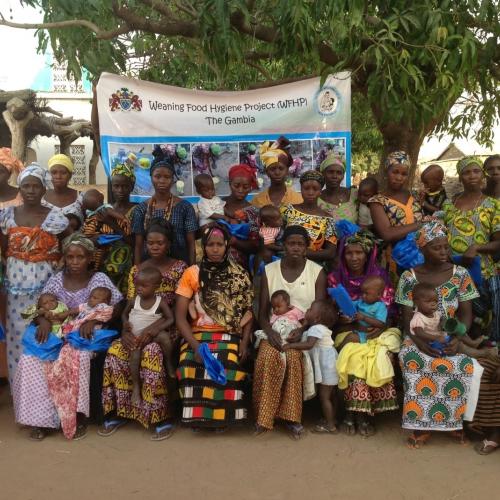London School of Hygiene & Tropical Medicine
The London School of Hygiene & Tropical Medicine (LSHTM) was founded in 1899 by Sir Patrick Manson. Its multidisciplinary expertise includes clinicians, epidemiologists, statisticians, social scientists, molecular biologists and immunologists, who with partners worldwide to support the development of teaching and research capacity based upon an ethos of respect and rigorous scientific enquiry. It seeks to promote equality as an essential element in contribution to improving health worldwide.
LSHTM is among the premier centres worldwide for policy-relevant interdisciplinary research on water, sanitation and hygiene. Its work on sanitation led the World Bank and other agencies to adopt the marketing approach, and it is in the forefront of operational research on household water management. Its work on hygiene promotion has opened new avenues to health-related behaviour change and led to the formation of the Global Public-Private Partnership on Handwashing with Soap.
SHARE was led by LSHTM and worked in partnership with CIDRZ, GLUK, ICDDR,B, IIED/SDI, MEIRU, MITU and WaterAid to reduce poverty by driving progress on sanitation and improving sector performance.
Since SHARE’s inception, LSHTM was involved in a range of projects exploring issues such as: handwashing with soap behaviour change, communal sanitation and complementary food hygiene.

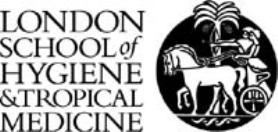
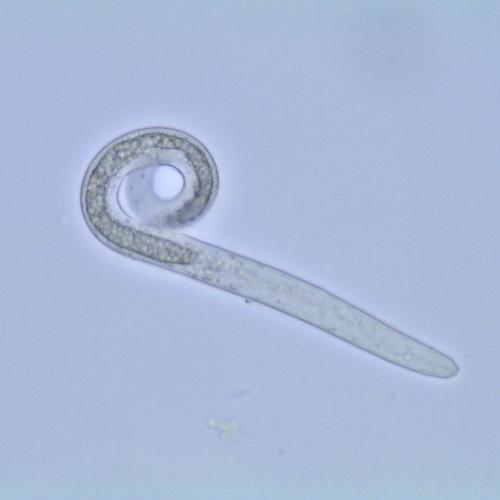
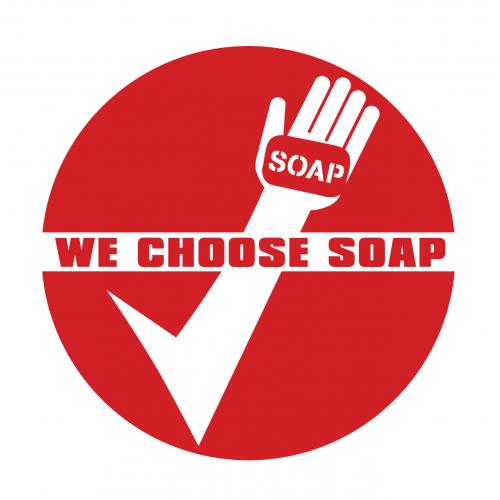
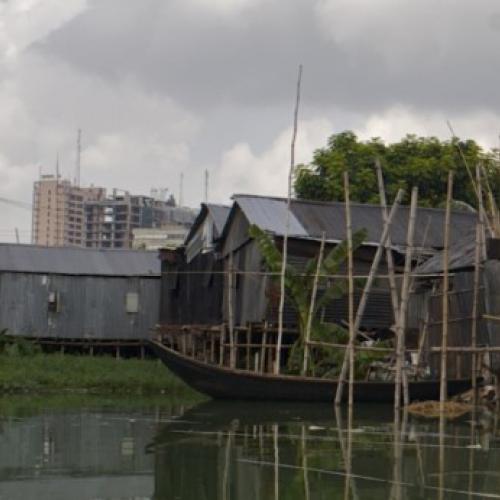
.jpg@itok=Et13n5Vw)
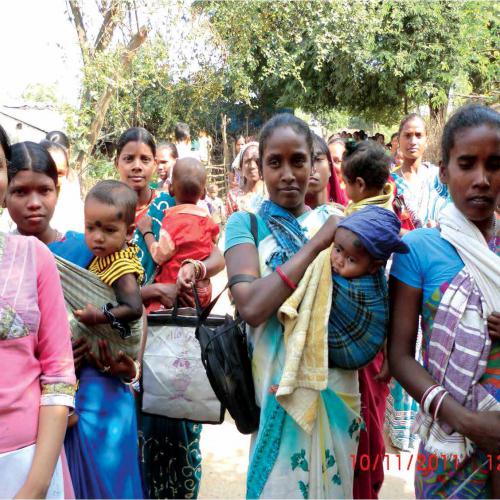
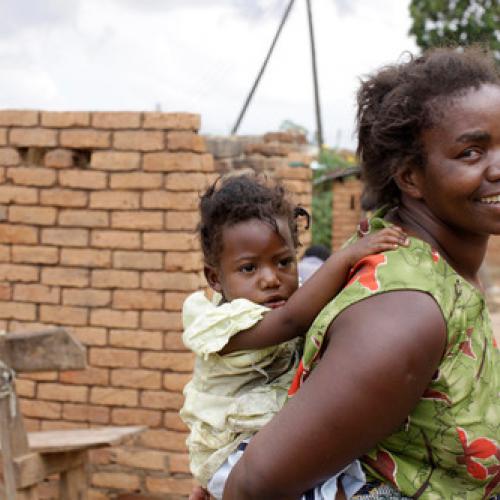
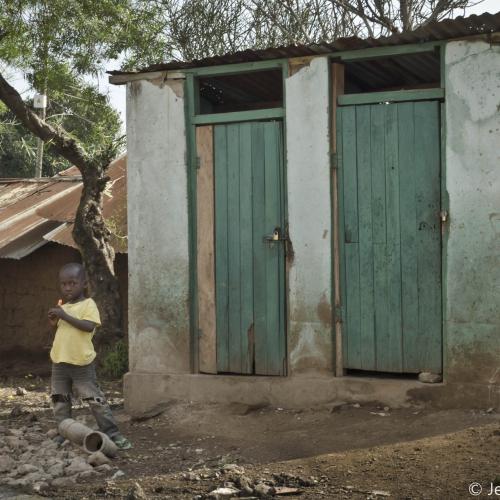
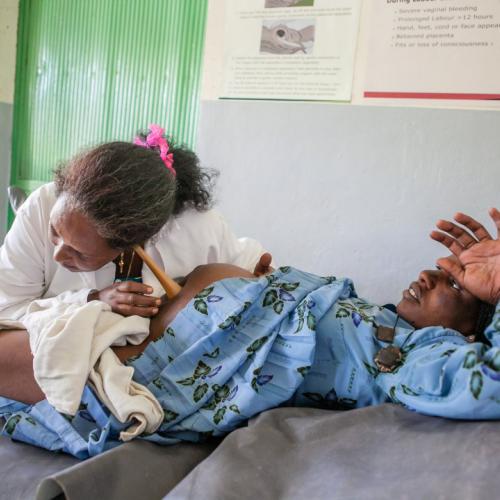
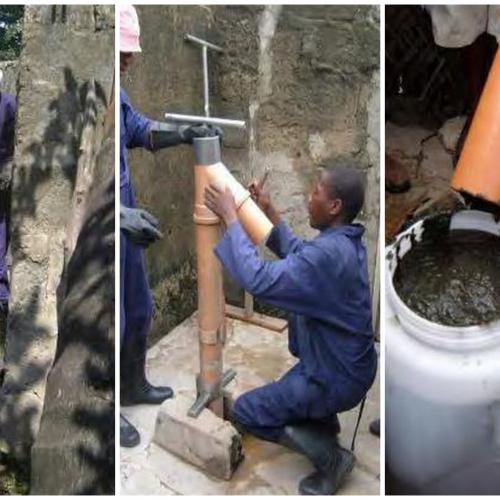
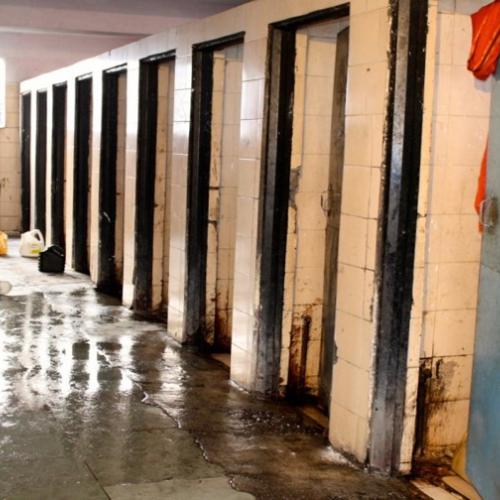
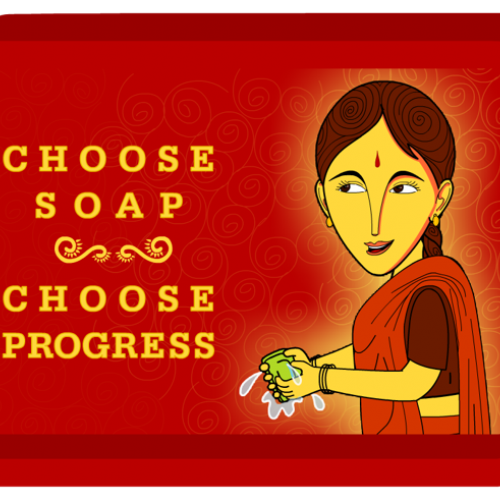
 v2.jpg@itok=RESvpf4Q)
.jpg@itok=_foasLCT)
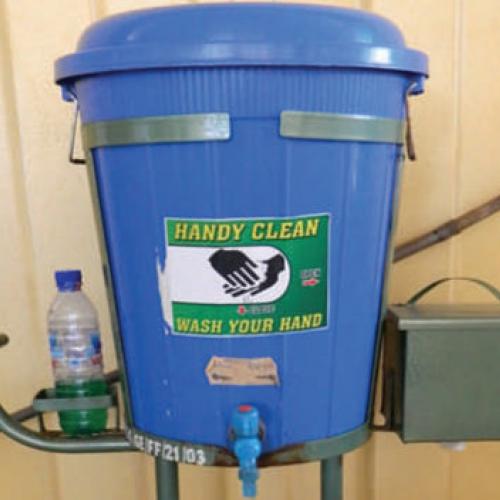
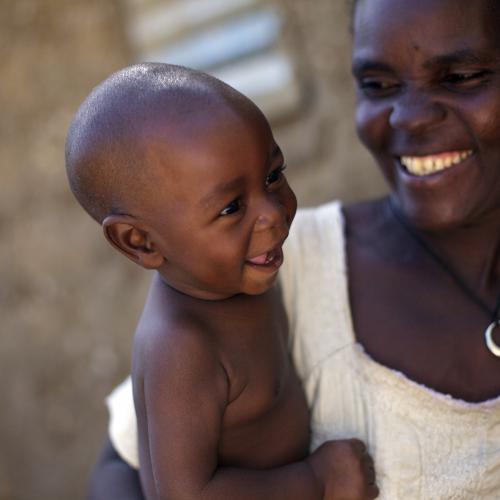
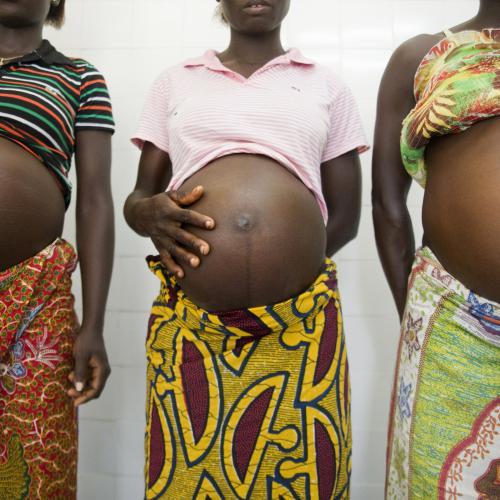
_1.jpg@itok=O_py1bdv)
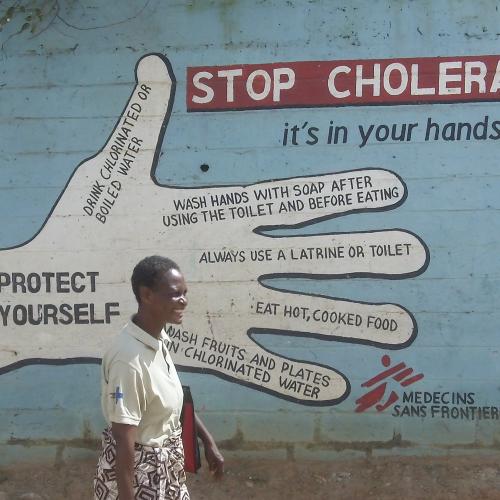
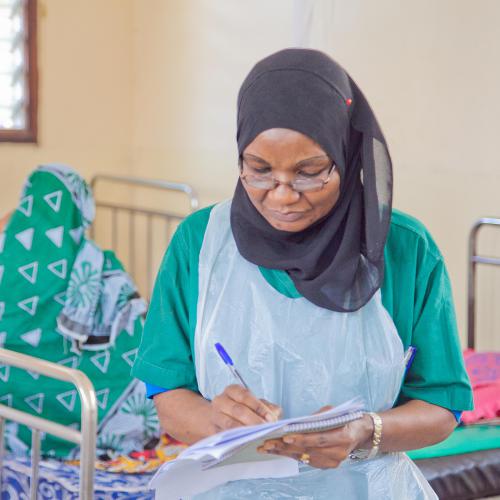
.jpg@itok=YTPhmpYG)
_0.jpg@itok=HjkTX3h8)
